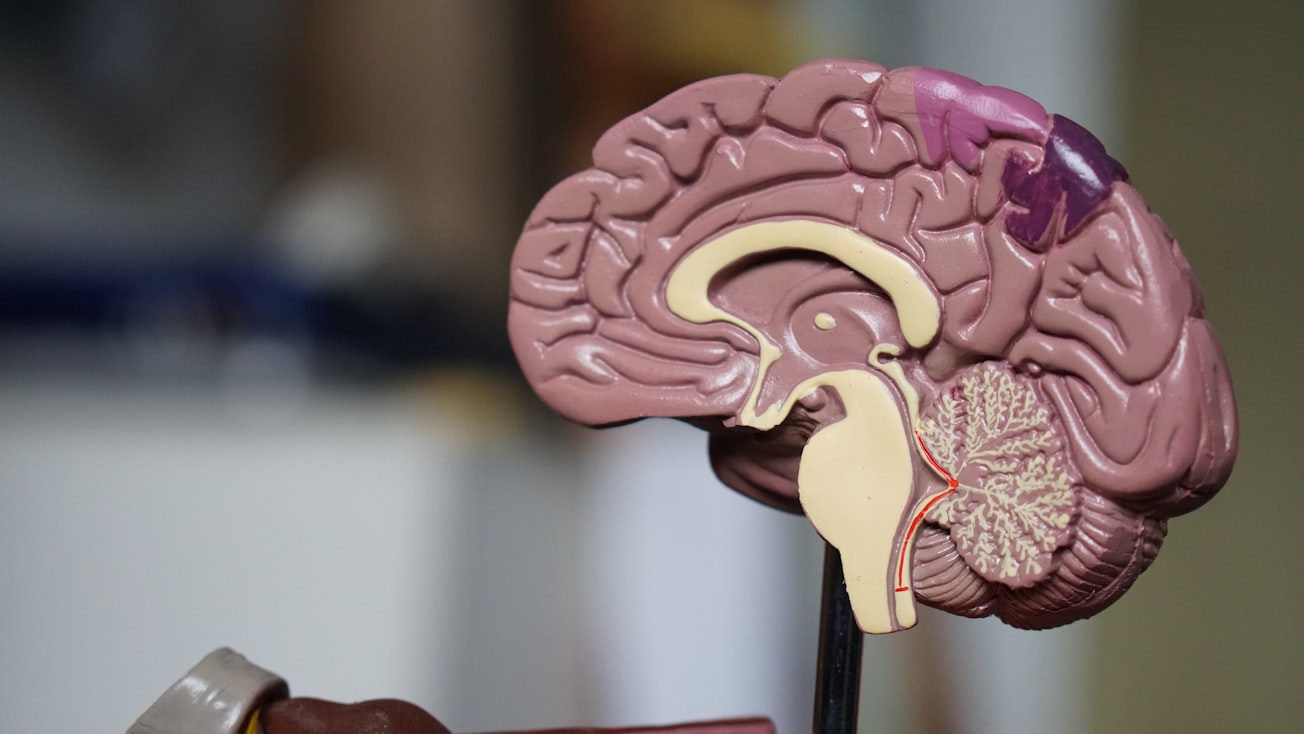What is it about?
This book is a non-technical introduction to intelligence research and IQ. It conveys correct information about the topic by showing how common beliefs are actually incorrect. The 35 incorrect ideas are organized into 7 sections in the book: (1) the nature of intelligence, (2) measuring intelligence, (3) influences on intelligence, (4) intelligence and education, (5) life consequences of intelligence, (6) demographic group differences, and (7) societal and ethical issues. The book also contains an introduction that provides context and an overview of the topic and a conclusion that explores unresolved issues.
Featured Image

Photo by Robina Weermeijer on Unsplash
Why is it important?
Intelligence is probably the most important non-clinical trait that psychologists study. It is related to disparities in health, education, economic prosperity at both the individual and societal level. Yet, beliefs about intelligence are often at odds with what the research says about the topic. Classes on the topic are rarely offered at the university level, and even people with jobs that put them in contact with IQ differences (e.g., teachers, psychologists) have fundamental misunderstandings about the topic. This book is designed to inform the non-expert through non-technical explanations and an accessible writing style.
Perspectives
This is my second book, and it was a blast to research, write, polish and edit. The response from peer reviewers from the very beginning has been overwhelmingly positive, and members of my target audience seem to like the book very much. I don't think that the book will suddenly make all of society knowledgeable about intelligence. But I hope that it does make correct information about IQ available and that non-experts understand this important trait better.
Dr Russell T. Warne
Independent Scholar
Read the Original
This page is a summary of: In the Know, October 2020, Cambridge University Press,
DOI: 10.1017/9781108593298.
You can read the full text:
Resources
Amazon purchase link
Link to the book's Amazon page, where it can be purchased. This page also offers a free preview of some of the book.
Cambidge University Press purchase link
Link to the book's web page on the publisher's web site, where it can be purchased. (Use the checkout code "WARNE2020" to get 20% off the purchase price.) This page also includes a list of myths (in the table of contents) and a preview of the front matter and first ten pages.
Google Books web page
Link to the book's Google Books page, where it can be previewed and the e-book version can be purchased. (This is the lowest e-book price available.)
James Thompson review
James Thompson's review of the book.
Blog posts related to the book
My blog posts related to the book.
Psychology Today interview
Brief interview about message of the book.
The Dennis Relojo-Howell Show
Interview by Dennis Relojo-Howell about the book.
Mind Matters Podcast
Interview on the Mind Matters podcast about the book.
The Dissenter
Interview about the book.
Top 5 Myths About Intelligence
Video introduction to the book, where I briefly discuss my 5 favorite myths about intelligence.
IQ tests at Ellis Island
Short video about the use of intelligence tests in the American immigration system in the early 20th century. This video is based on part of Chapter 10 in the book.
Understanding Bias in Intelligence, Academic and Cognitive Tests
Blog post I wrote (based on part of Chapter 10) about test bias and the differences between how professionals understand the term and who the public understands it.
Beliefs about human intelligence in a sample of teachers and non-teachers
Survey of two groups of non-experts (teachers and the general public) that shows that incorrect beliefs about intelligence are widespread.
The neglected intelligence course: Needs and suggested solutions
Examination of university course catalogs showing that courses in intelligence are very rare at universities and often center on empirically unsupported ideas (e.g., multiple intelligences).
Spearman's g found in 31 non-Western nations: Strong evidence that g is a universal phenomenon
Article that formed the basis of Chapter 4 in the book. This study showed that a general factor of ability is present in over 95% of non-Western samples collected in unindustrialized countries. This is strong evidence that a general ability is not an artifact of Western culture or tests.
What do undergraduates learn about human intelligence? An analysis of introductory psychology textbooks
Analysis of introductory psychology textbooks showing that incorrect ideas about intelligence are commonly found in these books.
Five reasons to put the g back into giftedness: An argument for applying the Cattell-Horn-Carroll theory of intelligence to gifted education research and practice
Scholarly article in which I argue that gifted education needs to incorporate intelligence research to improve the quality of the field's research and theorizing.
Furnham & Horne (2021)
Article published by Adrian Furnham and George Horne describing a survey of people's beliefs in the 35 myths that the book addresses. Results indicate that the typical person believes in the majority of the myths.
Book review by Noah Carl in THE CRITIC
Noah Carl's review of the book in "The Critic," a British general interest magazine.
Contributors
The following have contributed to this page







